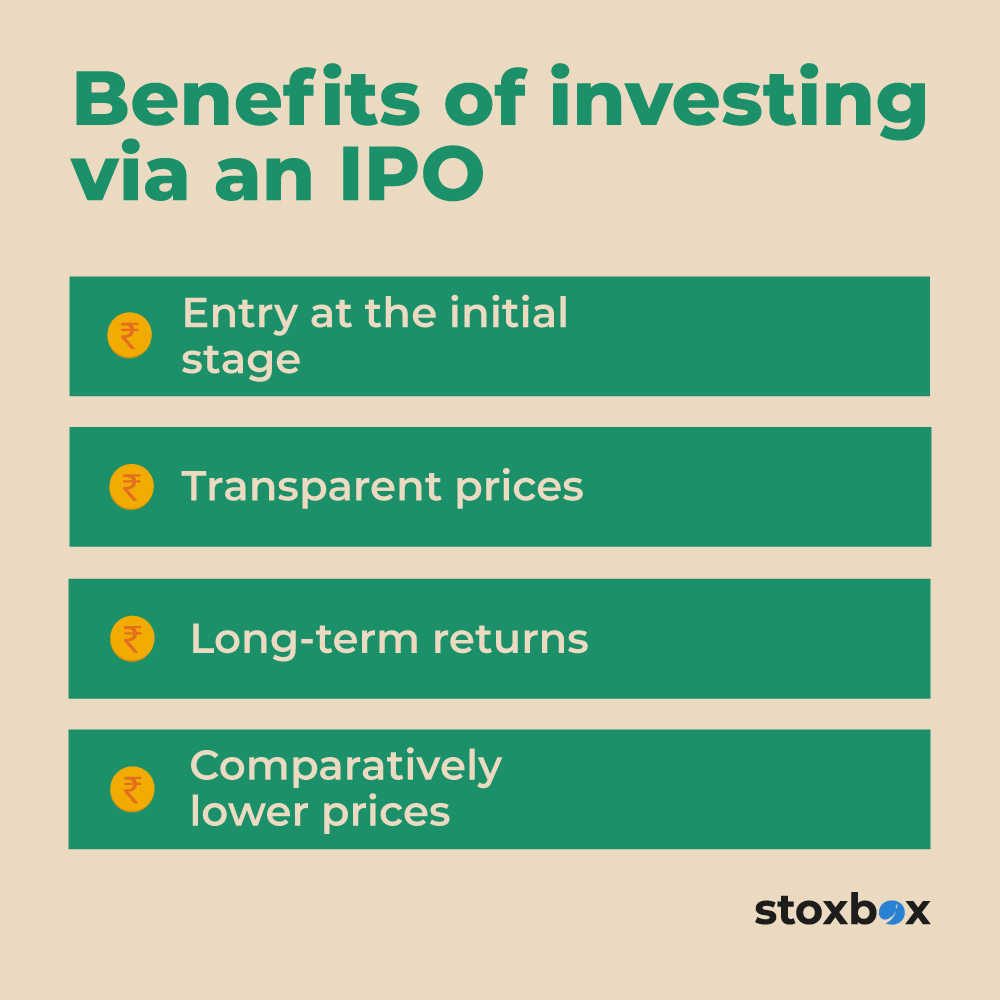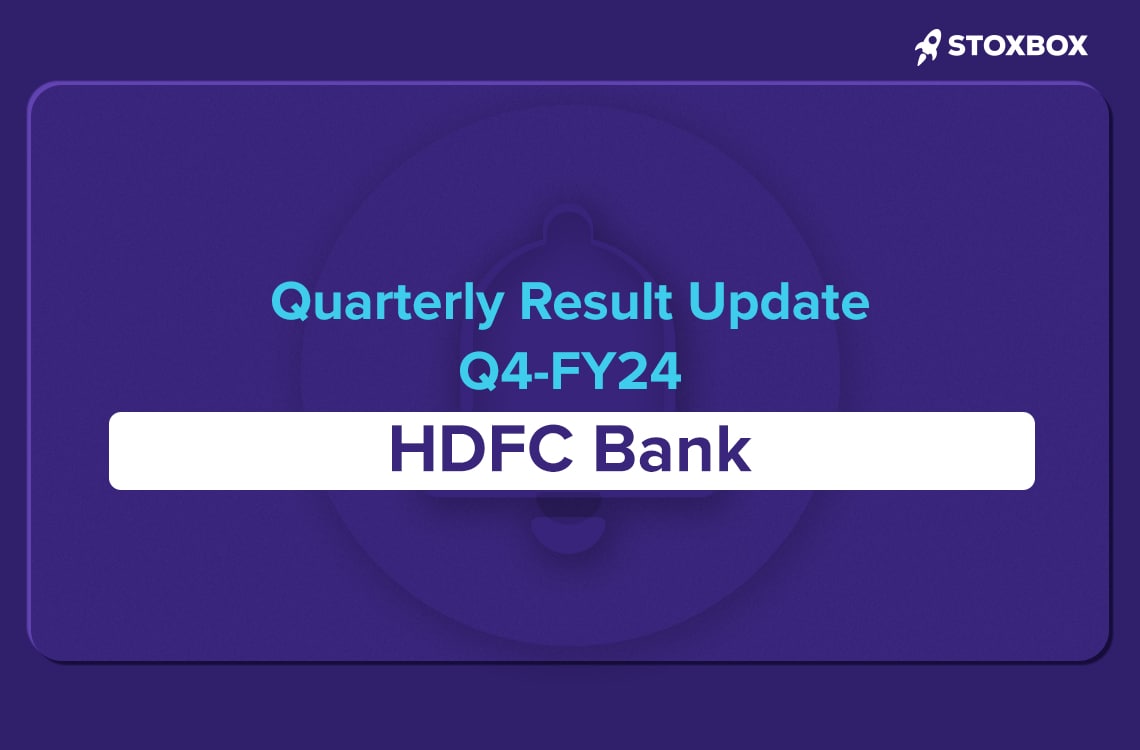Over the last several months, the equity landscape has seen consistent upsides, with more and more first-time investors choosing the post COVID landscape as the time to begin investing in the share market. Investor sentiment is robust and the equity market is not the only beneficiary. India’s Initial Public Offering (IPO) market is burgeoning at a never-before-seen rate, with about 28 companies completing their IPOs between March and September 2021. These companies have reportedly raised about 420 billion rupees from the market and 2021 is expected to close with a bang as various other IPOs are in the works. With brands like Nykaa, Policybazaar, and Paytm in the works, the market is only getting more frenzied by the minute.
India’s IPOs are witnessing tremendous demand and reports suggest that 2021 could see the largest number of IPOs in the last 15 years. With several new age and service-oriented companies entering the fray and promising solid returns, there is little confusion as to why the IPOs are seeing such strong traction. Further, with investment patterns changing and upwardly mobile middle-class individuals having more spending power, much of the money set aside for investments are being directed towards IPOs.
Benefits of investing via an IPO
Investors are flocking to the IPO market for a number of reasons. Some of these include:
- Entry at the initial stage: Investors who subscribe to IPOs have the option of entering the action in the initial stage itself and with IPOs being offered by high potential companies, it is expected that the only way for the stock to move is upwards. Further, IPOs are also perceived as an opportunity to make handsome profits in a short span of time.
- Long-term returns: Investing in high growth and innovative companies offers the possibility for high returns over the longer term. With the Indian IPO market burgeoning, people consider it a safe bet.
- Transparent prices: When investing in the equity market, prices fluctuate rapidly and it is difficult to decide whether the price being paid for a share is fair or not. However, during IPOs, the price per share is clearly mentioned. This levels the playing field for retail and institutional investors.
- Comparatively lower prices: Before the market became inundated with IPOs, and companies began pricing their IPOs higher, investing in IPOs was seen as a way to buy cheap and earn huge profits. However, with the market getting extremely frothy, this benefit might not be very significant at present.
Exercising caution during IPOs
While people are rushing to IPOs at a never-before-seen rate, it pays to be cautious. Even the Reserve Bank of India has expressed concerns regarding the exuberance in the IPO market. What are some of the things you should be careful about when considering an IPO?
- Pay attention to valuation: With liquidity at high levels and investor sentiment buoyant, IPO pricing is extremely fine, making it difficult to perceive how well these stocks will perform in the long run. Analyse the company fundamentals carefully and be wary of overpriced IPOs.
- Timing and volatility: Take a good look at why so many companies are coming into the market at the same time. With the IPO frenzy and high prices, markets are extremely frothy and volatile at present, making long-term investors wary of placing bets on solid returns.
- No guarantee of allotments: Your application may only be successful if it is eligible or falls within the reserved quota set aside for your investor type. There is a high possibility that your bid will be unsuccessful, especially in a market that sees regular oversubscriptions.
The economy is bouncing back at a rapid pace and there is strong positivity among investors. It is easy to get swept up in the frenzy and park your funds in an IPO which shows high potential. However, remember that fools rush in where angels fear to tread. It is best to maintain caution and invest in IPOs only after careful and consistent assessment.
You might also Like.
HDFC Bank – Q4FY24 Result Update
Margin pressure continues Sector Outlook: Positive Buy Now In Q4FY24,...




